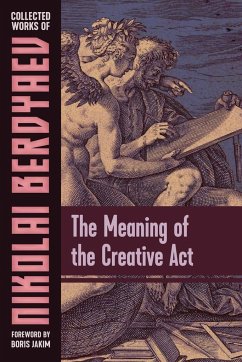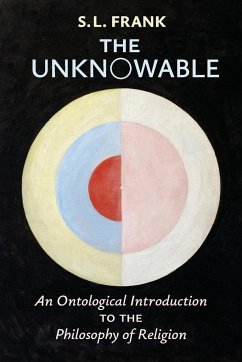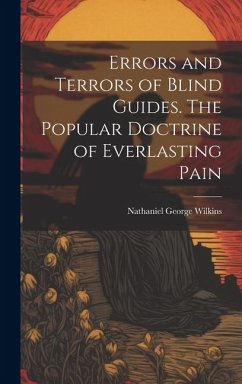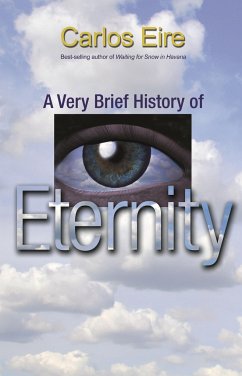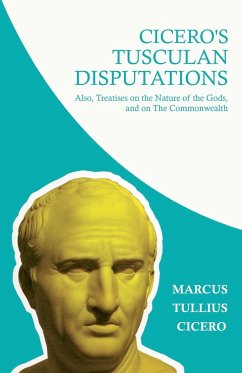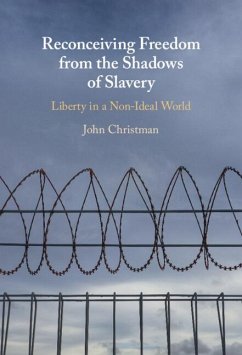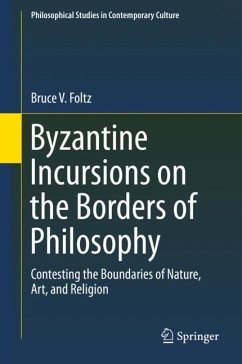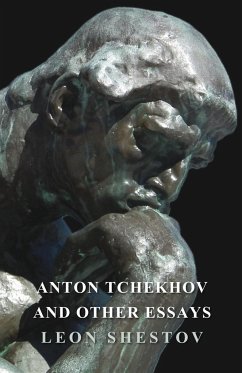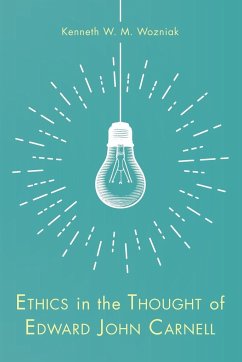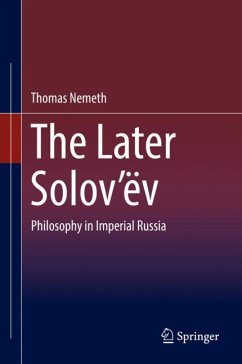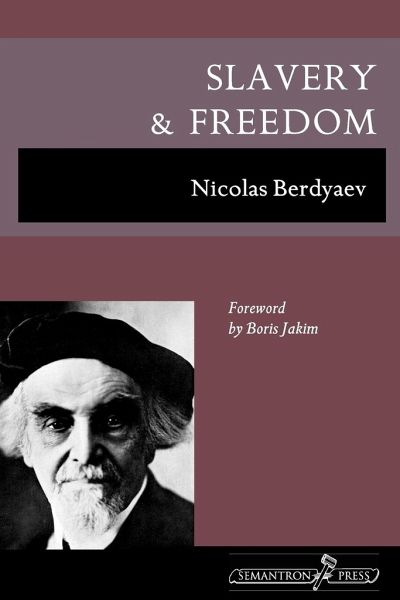
Slavery and Freedom

PAYBACK Punkte
10 °P sammeln!
In this book, Nikolai Berdyaev examines the struggle against slavery in its diverse forms. When he speaks of slavery and freedom, although he also uses these terms in a political sense, the underlying meaning is metaphysical: for Berdyaev, political slavery and freedom are rooted in our metaphysical slavery and freedom. The philosophy of this book is deliberately personal; it is a philosophy of personalism. As a philosopher, Berdyaev not only wished to gain knowledge of the world, but also to change the world: he always denied that the things which the world presents to us are a stable and final reality; this also goes for the relation between slavery and freedom. For Berdyaev the spiritual liberation of man is tied to the realization of personality; it is the attainment of wholeness. The Russian philosopher Nikolai Berdyaev (1874-1948) was one of the greatest religious thinkers of the twentieth century. His philosophy goes beyond mere thinking, mere rational conceptualization, and tries to attain authentic life itself: the profound layers of existence that are in contact with God's world. Berdyaev directed all of his efforts, philosophical as well as in his personal and public life, at replacing the kingdom of this world with the kingdom of God. According to him, we can all attempt to do this by tapping the divine creative powers which constitute our true nature. Our mission is to be collaborators with God in His continuing creation of the world. This is what Berdyaev said about himself: "Man, personality, freedom, creativeness, the eschatological-messianic resolution of the dualism of two worlds - these are my basic themes."
The great Russian philosopher Nikolai Berdyaev (1874-1948) believed that the dawn of the twentieth century would bring an end to the old atheistic and positivistic worldview and the beginning of a new era of the spirit. His philosophy goes beyond mere rational conceptualization and tries to attain authentic life itself: the profound layers of existence in contact with the divine world. He directed all his efforts-philosophical as well as in his personal and public life-at replacing the kingdom of this world with the kingdom of God. According to him, we can all attempt this by tapping the divine creative powers that constitute our true nature. Our mission is to be collaborators with God in His continuing creation of the world. In Slavery and Freedom, Nikolai Berdyaev examines the struggle against slavery in its diverse forms. When he speaks of slavery and freedom, although he also uses these terms in a political sense, the underlying meaning is metaphysical. He believes that the final truth about human slavery consists in the fact that man is a slave to himself. Man falls into slavery to the objective world: but this is slavery to his own exteriorizations; he is the slave to various kinds of idols: but these are idols he himself has created. The struggle between freedom and slavery is carried out in the outer, exteriorized world, but from the existential point of view this is an inward and spiritual struggle: "For the liberation of man, his spiritual nature must be restored to him; he must become aware of himself as a free and spiritual being." In other words, freedom presupposes a spiritual principle in man that offers resistance to enslaving necessity. ¿¿"Nikolai Berdyaev's writings are always insightful, penetrating, passionate, committed-expressions of the whole person. They are as intensely alive now as when they were first written."-Richard Pevear, translator of War and Peace and The Brothers Karamazov "Nikolai Berdyaev's writings retain their freshness as vehicles for thinking not just about the future of Russia, but about the spiritual challenges facing the modern world."-Paul Vallier, author of Modern Russian Theology: Bukharev, Soloviev, Bulgakov "Nikolai Berdyaev is one of the few who have found the Christian answer, and yet do not cease to question with those whose lives are still torn asunder by disbelief, doubt, and sufferings; one of the few who dare to be, as thinkers, Christians and, as Christians, thinkers."-Evgeny Lampert, author of The Apocalypse of History Boris Jakim has translated and edited many books in the field of Russian religious thought. His translations include S. L. Frank's The Unknowable, Pavel Florensky's The Pillar and Ground of the Truth, Vladimir Solovyov's Lectures on Divine Humanity, and Sergius Bulgakov's The Bride of the Lamb.



